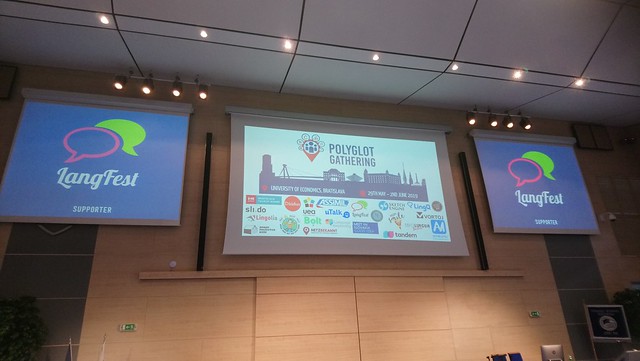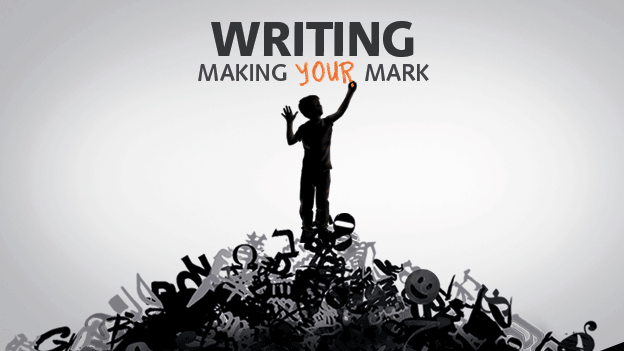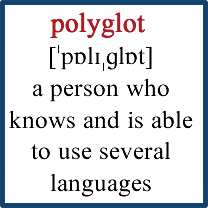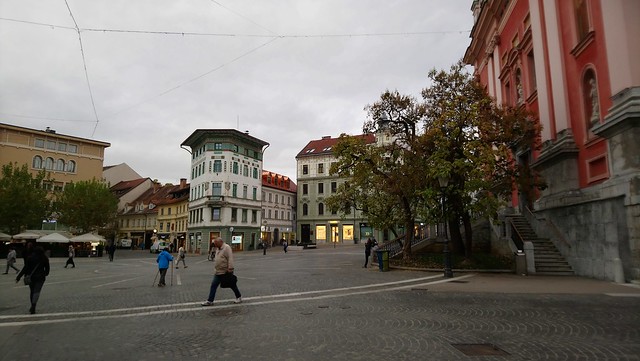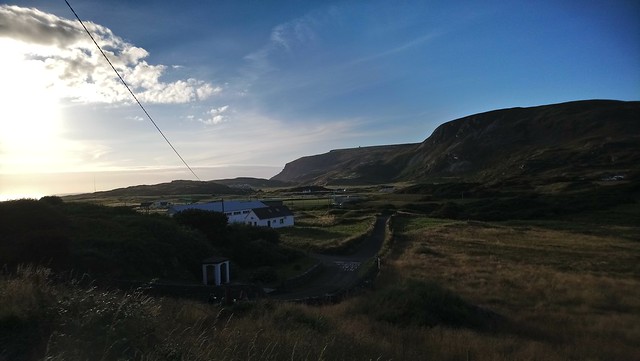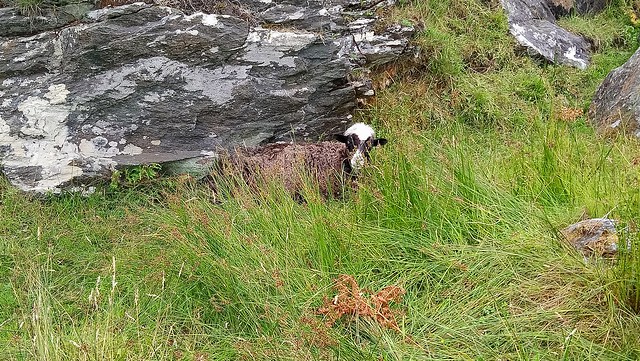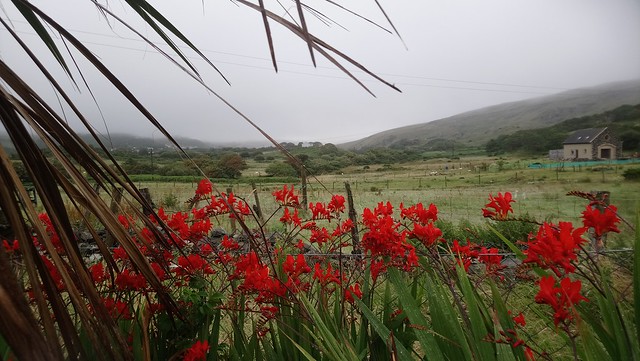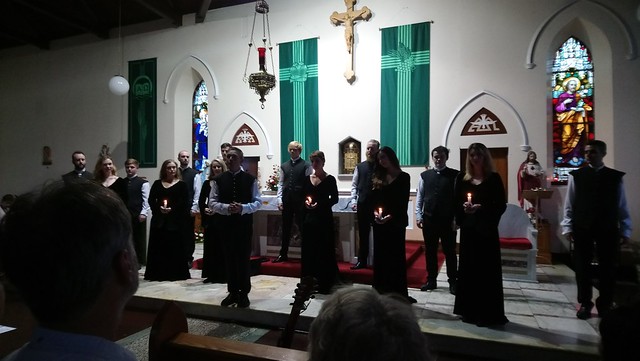This weekend I’m in Newquay in Cornwall for the Lowender Peren festival of Celtic music and dance. This is the first time I’ve been to this particular festival, but I have been to pan-Celtic festivals in the Isle of Man before. There are performers and visitors here from all the Celtic lands – Cornwall, Brittany, Wales, Ireland, Scotland and the Isle of Man. I know quite a few of the people from the Isle of Man who are here, and a few from Scotland.
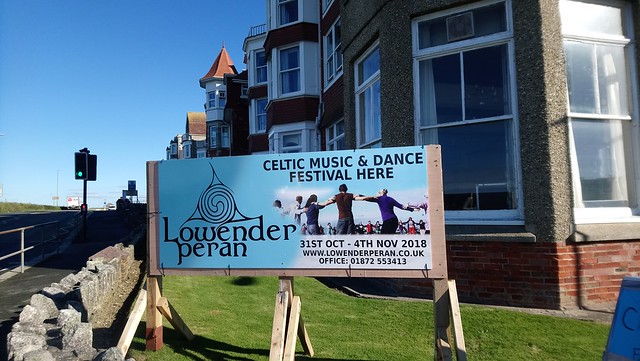
The name Lowender Peren means ‘Perran’s Mirth’ in Cornish. The word perran features in some Cornish places names, including Perranporth (Porthperan in Cornish), Perranzabuloe (Pyran yn Treth in Cornish) and Perranarworthal (Peran ar Wodhel in Cornish). It comes from Saint Piran (Peran in Cornish), a 5th century Cornish abbot who became the patron saint of tin miners, and is regarded as the patron saint of Cornwall.
The festival was offical opened last night with a speech in Cornish, and English, by a member of the Gorsedh Kernow, the Gorsedh of the Bards of Cornwall, possibly the Grand Bard herself. Gorsedh is ‘a meeting of bards’. She sounded fairly fluent, and I could actually understand some of the Cornish. I haven’t found anyone else here who speaks Cornish, apart from a few phrases.
Last night there was dancing to a local band, and then a trio of singers, members of the Lorho-Pasco family from Brittany, sang for us in Breton, and we improvised some dances. It was the first time I’d heard that style of Breton music. It works well for dancing, though I’m not sure if I’d want to listen to it for too long on its own.
I also spoke a bit of Manx with people I know from the Isle of Man, and some Scottish Gaelic with Joy Dunlop, a dancer and singer from Scotland who I know from Sabhal Mòr Ostaig.
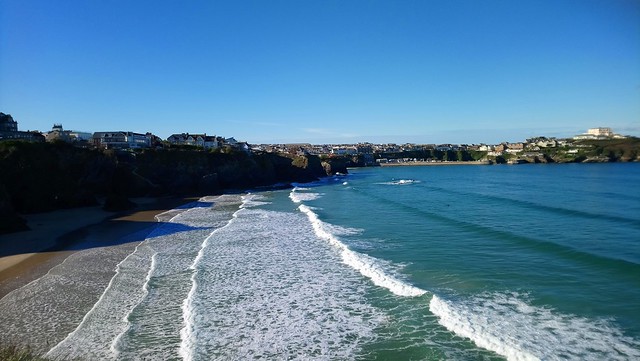
This morning there was an interesting talk about the history of Newquay. Then I went for a wander around the town. This afternoon we went for a guided walk around Newquay seeing some of the things that were mentioned in the talk.
There will be a lot more music, singing and dancing over the next few days. There was even a music session going on in the hotel where the festival is taking place when I went past not long ago.
